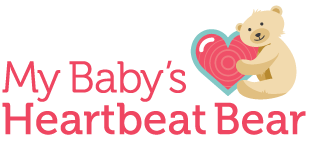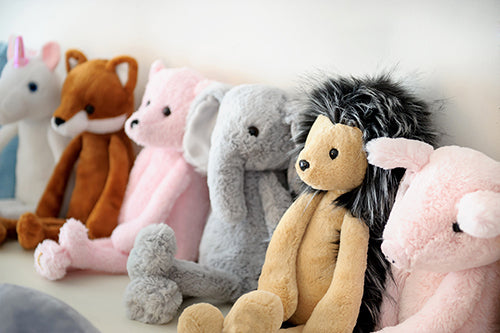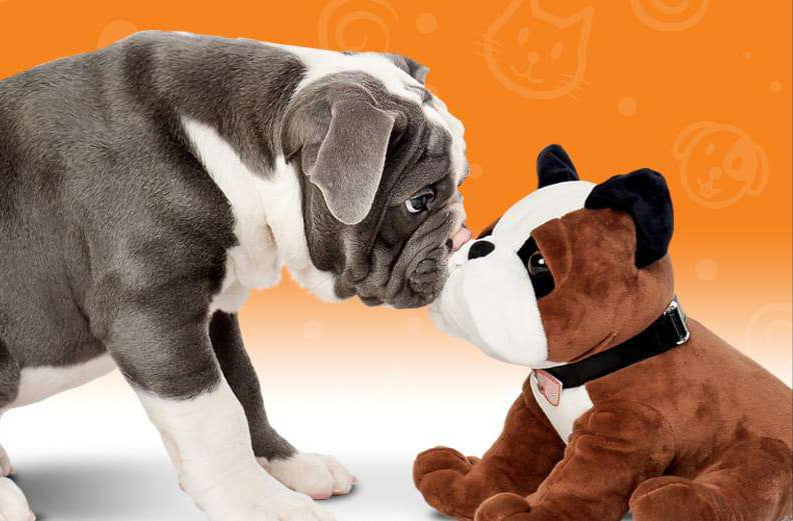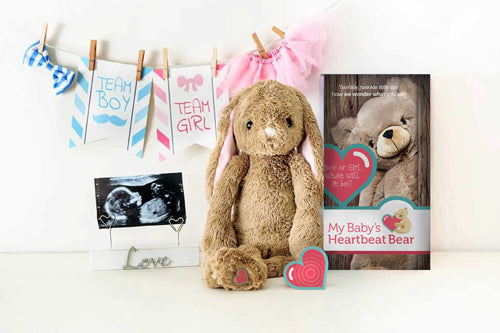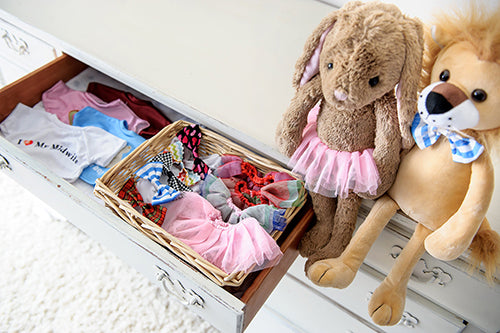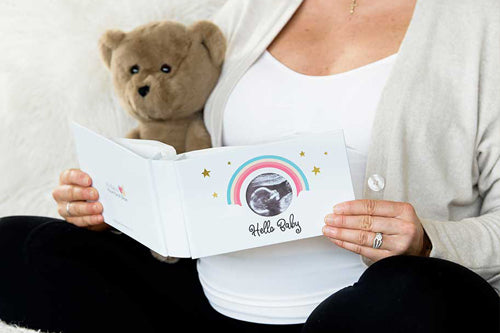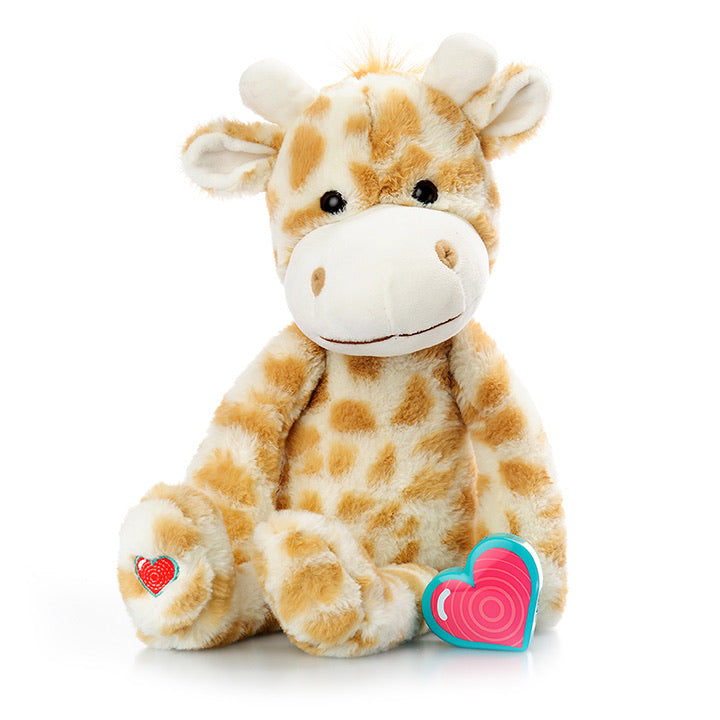How to Keep Your House Healthy

There is enough to worry about as a parent, but thanks to a pandemic and now the worry of measles spreading through the air, we are worried about so much more than just birthing a healthy baby!
Studies are showing that fear places your mental health at risk, increasing chances of postpartum depression. A lack of natural light (as we end a gloomy winter) and plummeting Vitamin D levels means your health can really start diminishing, impacting your breastmilk supply and connection with your baby.
This can be avoided by simply taking a high-quality Vitamin D3 supplement and getting outside every day, even for short periods of time, no matter the weather.
The next threat is a bit trickier to fix -- your air quality.
As viruses continutie mutating and potential airborne virus strains begin spreading, it’s important to surround your family with healthy air. We know that airborne viruses have a hard time spreading outdoors, in purified air, or in spaces with high-grade built-in filtration systems, so looking at the air quality inside the place your family spends its time is important.

Creating a Healthy House
There are several ways you can improve your house’s air quality including eliminating toxins, installing purifiers, and adding plants to your space.
Eliminating Toxins
Scented air-freshener plug-ins are toxic unless you have purchased or made your own natural versions. The same goes for scented candles and spray fresheners. Take a good look at what you using to keep your house feeling and smelling clean. Look at ingredients in cleaning products, too. You (and your baby) are inhaling all of these things.
Evaluate Your Space
Every home should have a mold inspection. If there is current mold, have it taken care of as soon as possible. Beyond mold, look for signs of heavy dust, check HVAC system coils and filters, and clean out your drinking filters (as they can accumulate mold and disperse the spores into the air).
Install a Purifier
There are many types of air purifiers including UV light and ionic options, individual room and whole-house options. While most purifiers pull pollen, dust, and pet dander from the air, you need to look for a professional grade product that eliminates mold, viruses, and bacteria. If you can find a model with a cleanable HEPA filter, grab it! It will save you hundreds of dollars over the years. If you own your home, you may want to invest in a filtration system that attaches to your furnace or ductwork that filters the air while still in the air ducts.
Add Plants
Even if you don’t have the greenest of thumbs, you can still have plants in your home. You can plant a variety of species in decorative pots throughout your house. Avoid the most finicky plants and stick with easy-to-keep-alive versions!
According to Plants.com, plants “scrub the air clean, add moisture to dry air and release oxygen. According to NASA, houseplants remove up to 90 percent of toxins in the air. You can’t see or smell these pollutants, but they can come from regular household items. The EPA estimates indoor air can be up to 1,000 times dirtier than outdoor air! Indoor pollutants can build up and aggravate asthma, allergies, and other illnesses.”
“Plants absorb the carbon dioxide and viruses we exhale. When plants absorb gases through their leaves, it stays sequestered or moves into their roots. Microorganisms that live in the soil, help breakdown and neutralize the toxins before turning them into food.”
Choose your favorites or pick from this list of top air-cleansing (and easy) plants:
- Peace Lily: one of the most efficient plants for filtering and humidifying indoor air.
- Snake Plant: known to increase your overall energy levels, help with headaches, eye irritation, and respiratory issues.
- Money Tree: removes toxins, especially those from synthetic cleaning products.
- Palms: basically unkillable (as long as you don’t overwater!) cleans the air and fills a space nicely.
- Pothos: hanging, vining, and very easy to keep alive.
Remember to watch the soil for any signs of mold or bacteria growth and fertilize regularly!
Featured Articles
Bringing Your Newborn to the Party
Holiday Hosting While Pregnant
A Heartfelt Holiday Keepsake: Recording a Pet’s Heartbeat
